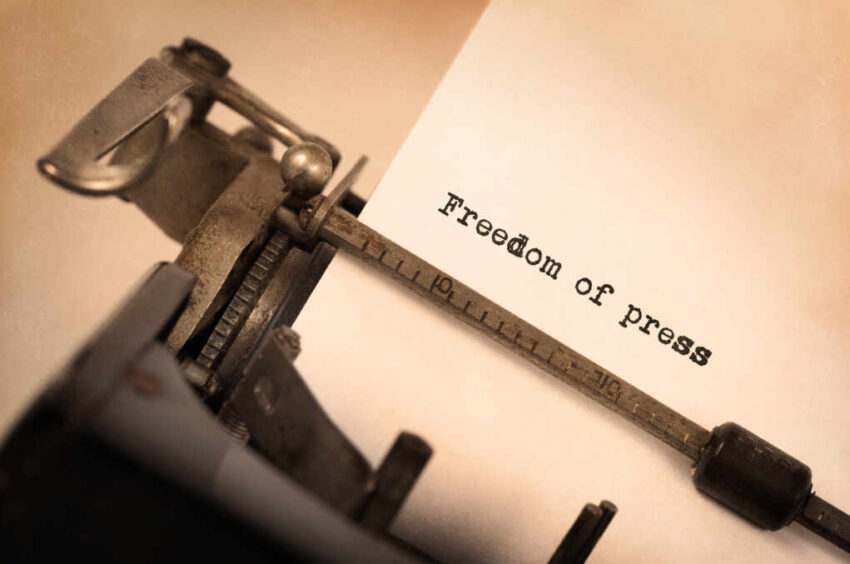Turkish authorities arrested LeMan magazine editors after the publication of a cartoon depicting religious figures ignited violent protests and triggered a sweeping media blackout.
At a Glance
- LeMan published the contentious cartoon on June 30, 2025.
- Hundreds of demonstrators clashed with police outside LeMan’s Beyoğlu office.
- Four staffers were detained on charges of “insulting religious values.”
- Access to LeMan’s website and social media accounts was immediately blocked.
- Turkey’s chief prosecutor opened a criminal investigation under Article 216.
Shock and Arrests
On June 30, 2025, authorities detained three cartoonists and the magazine’s editor-in-chief after LeMan ran an image of two haloed figures grasping hands beneath missiles, a depiction widely interpreted as Prophets Moses and Muhammad, according to Reuters. Within hours, the Istanbul prosecutor ordered all internet service providers to block LeMan’s digital platforms, cutting off its 400,000-strong online readership.
Eyewitnesses told The Times that more than 200 protesters gathered outside the magazine’s Beyoğlu headquarters, chanting religious slogans and hurling stones at riot police, who responded with rubber bullets and tear gas. Despite the swift arrests of Editor-in-Chief Zafer Aknar, cartoonist Doğan Pehlevan, graphic designer Cebrail Okçu and manager Ali Yavuz, demonstrators maintained their vigil, demanding harsher penalties for what they called a “blasphemous insult.”
International Backlash
Global press freedom organizations slammed the crackdown, with Reporters Without Borders calling the detentions “a dangerous precedent” and noting that Turkey fell to 159th on the 2025 Press Freedom Index. Solidarity protests erupted in London and Berlin under “Je suis LeMan” banners, as documented by The Guardian.
The European Commission summoned Turkey’s ambassador to demand Ankara “uphold its international obligations” and restore access to LeMan’s digital platforms, while a U.S. State Department spokesperson warned that criminalizing artistic expression “weakens democratic norms and undermines Turkey’s standing among its allies.”
Press Freedom and Religious Sensitivity
Legal scholars caution that invoking Article 216 of Turkey’s penal code—which bans “publicly insulting religious values”—to prosecute a mainstream satirical outlet marks a severe escalation in media repression, as detailed in the Turkish Penal Code. President Recep Tayyip Erdoğan denounced the cartoon as a “vile provocation” in a televised address, pledging that “those responsible will face the full force of the law,” according to Reuters. Meanwhile, Human Rights Watch launched an emergency appeal urging Ankara to drop the charges and guarantee freedom of expression for all media outlets.
As LeMan’s legal team prepares its appeals and international NGOs mobilize to monitor the trial, Turkey faces a pivotal test of balancing respect for religious sentiments with the fundamental right to free speech—one that could reshape press freedoms across the region.
Click this link for the original source of this article.
Author: Editor
This content is courtesy of, and owned and copyrighted by, https://thecongressionalinsider.com and its author. This content is made available by use of the public RSS feed offered by the host site and is used for educational purposes only. If you are the author or represent the host site and would like this content removed now and in the future, please contact USSANews.com using the email address in the Contact page found in the website menu.








